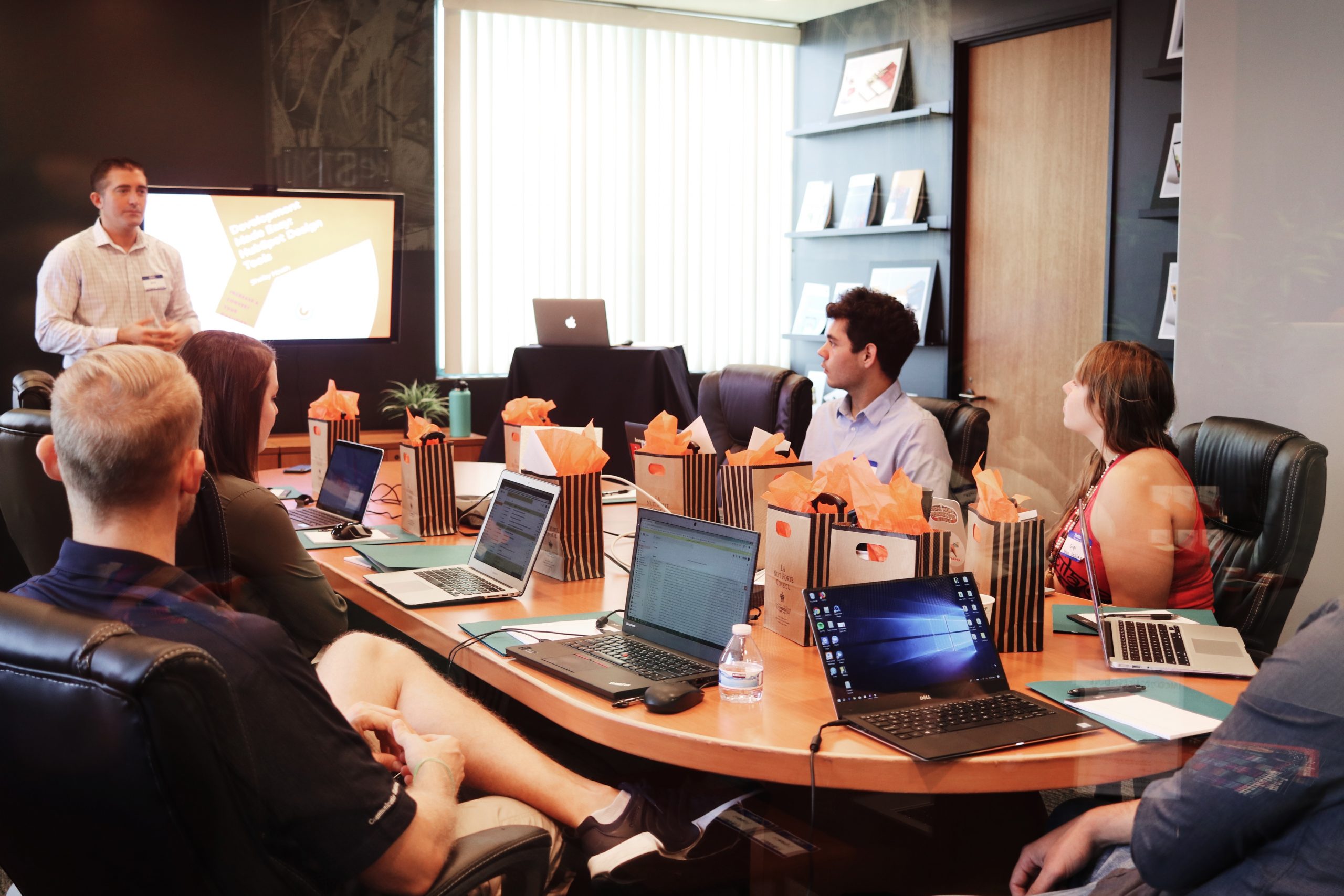The power of generative AI has risen to prominence in the past year. Even for those outside of the tech industry, ChatGPT and Bard have become household names, used in both work and personal contexts in ways that could not have been predicted only a few short years ago.
In the workplace, generative AI has revolutionised day-to-day tasks, cementing itself as a valuable tool for employees to increase efficiency and save time. However, according to a recent survey, 75% of companies have considered banning ChatGPT and other generative AI services, because of perceived data privacy and security risks. Clearly, generative AI has introduced a new challenge for organisations – should leaders establish guidelines on the use of AI, embrace its capabilities, or ignore it all together?
Despite the controversies surrounding generative AI, its mainstream usage is an opportunity to initiate discussions on how new technologies can be used to enhance the experience of workers when used transparently. Managers can further help to recognise how these tools can contribute to establishing a more transparent work environment for employees, as well as fostering an open organisational culture.
Opening the discussion around using generative AI at work
A recent Deloitte survey found that 77% of workers believe that their employer would disapprove of them using generative AI for their job. This indicated that there is a lack of confidence for employees around leveraging AI within a business environment. However, this does not necessarily match how these tools are being used in reality. The survey also indicated that more than four million people used generative AI at work between May and June 2023 – demonstrating that even though use of these tools have become commonplace, honesty about usage is scarce.
An organisational culture that lacks openness and transparency when it comes to new technologies could be the culprit. The issue hinges not around the technology itself, but rather how employees and employers are communicating. Employees have broadly decided that generative AI is an important tool, but they aren’t yet ready to discuss this with their managers. Generative AI is here to stay – now senior leaders and managers have to consider what role it should play in their organisations.
Standardising usage of generative AI
Data suggests that the size of the industry is set to grow by 42% over the next 10 years, with new tools launching on a regular basis – so it is unsurprising that workers have chosen to adopt AI. In a work environment, many generative AI applications are centred around increasing efficiencies by removing administrative burdens and freeing up time for employees to focus on other tasks. In technical roles, like software development, employees may use generative AI to generate code quickly, allowing them to resolve bugs more efficiently and get products to market quicker, with fewer hiccups.
With such widespread AI use in the workplace, it is only natural that organisations will need to consider implementing policies to regulate it. Companies typically have rules in place to guide employees on how to best use building facilities, internet, social media and more – so policies around generative AI should not be seen as unexpected.
Creating an AI policy is a logical next step for organisations who are embracing this change. Policies ensure consistency, remove doubts, and keep everyone on the same page when it comes to new technologies. The specifics of policies should be the reserve of individual organisations; for example, organisations working with sensitive information should factor this into their policy, to avoid any concerns around data privacy. The content of a generative AI policy will vary depending on the organisation, but all organisations should share clear language that allows employees to feel at ease about their use of the technology at work.
After a policy is in place, HR teams can leverage the other tools at their disposal to ensure that all employees are comfortable using and discussing generative AI. Whilst a policy is an important first step, leaders should keep in mind that employees may have different levels of background knowledge or skill with such a new technology.
Communication is key in creating an even playing field for all employees. HR teams could consider running information sessions or offering training on generative AI. In doing so, leaders can be safe in the knowledge that the use of generative AI is standardised across the organisation. Additionally, when conversations about generative AI are normalised, employees are much more likely to feel comfortable sharing details about usage with their manager.
Encouraging a transparent company culture
Navigating any workplace change begins with seamless and proactive internal communication. Establishing a connection between leaders and employees, where open discussions can take place, benefits not only the organisation but also prevents the fear of judgement that could harm employee wellbeing and productivity.
One way to overcome the challenges associated with change in the workplace is coaching for leaders and employees. Coaching is one way to create a culture of open feedback and communication. This helps to mitigate some of the challenges associated with change, promoting smoother transitions and improved team dynamics.
The usage of generative AI in the workplace is a big adjustment, but not something to become anxious about. HR leaders have an important role to play in implementing AI policies, offering learning and development opportunities on the technology, and facilitating honest conversations between employees and senior leadership. These strategies should extend beyond generative AI to cultivate an open culture where individuals can flourish through any innovation that comes their way.







